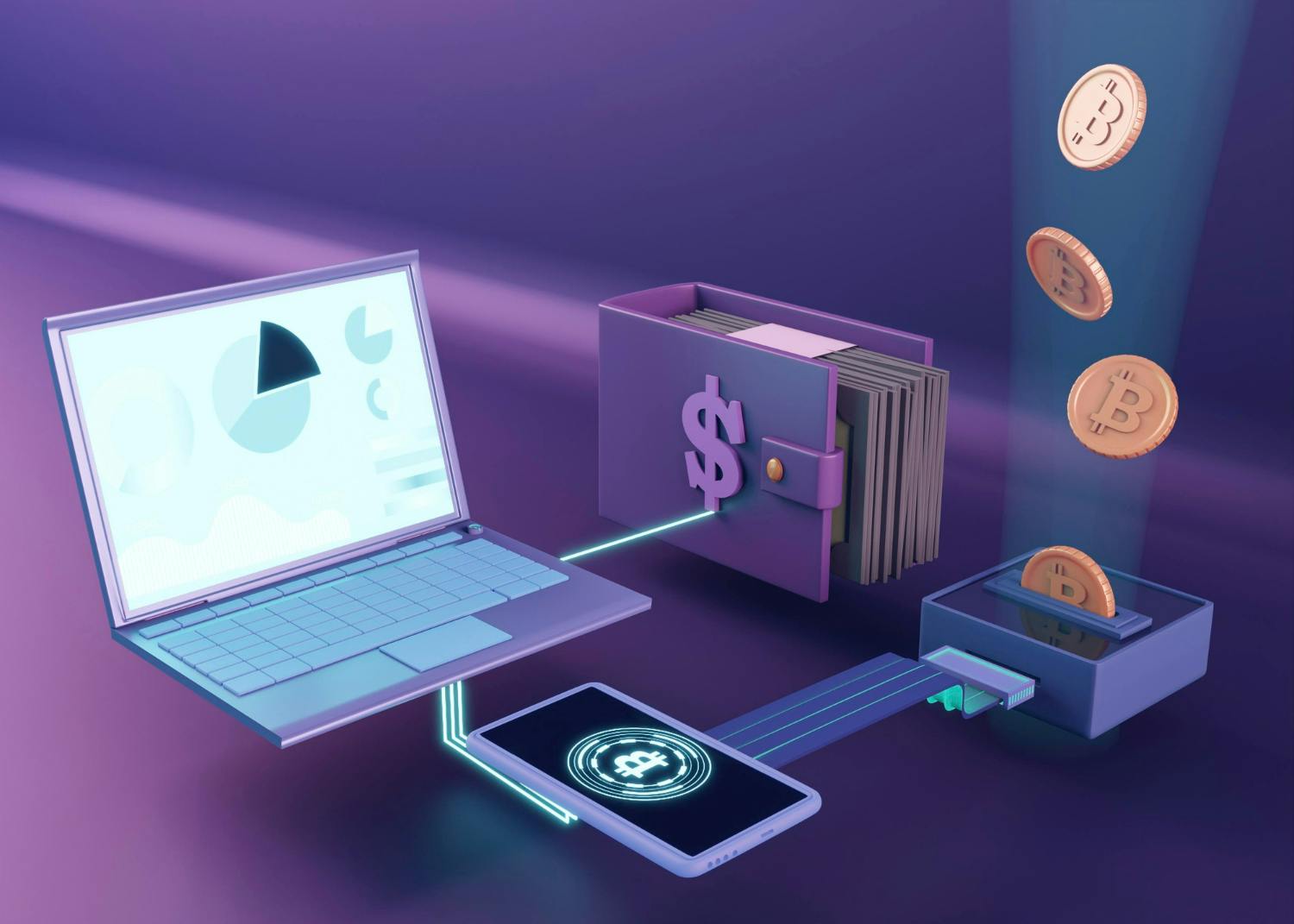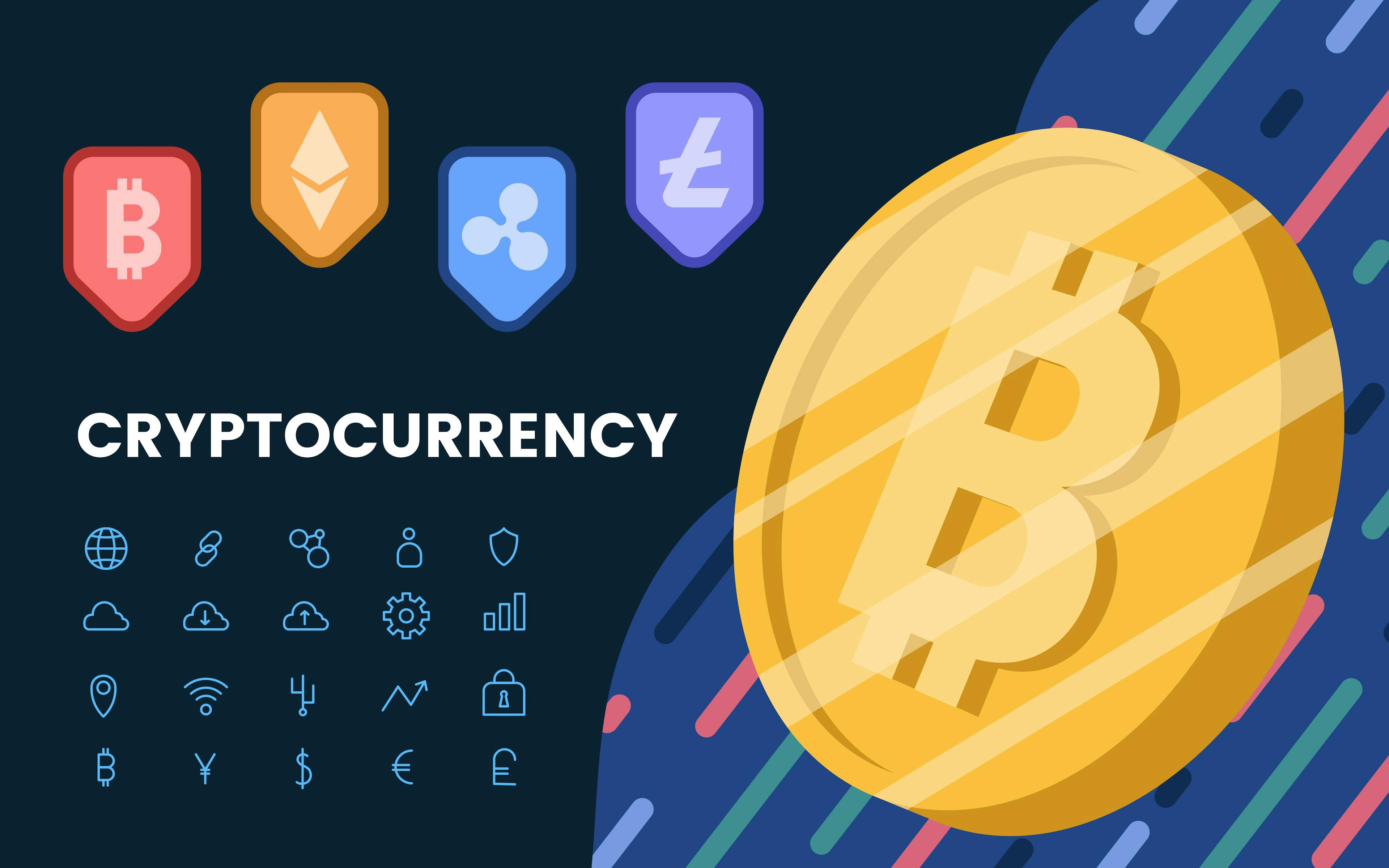Why Your Business Needs Digital Asset Accounting Services
12th Nov 2024

Table of Contents
Digital Asset Accounting for Cryptocurrencies
Handling NFTs (Non-Fungible Tokens)
Stablecoins vs. CBDCs
Digital Asset Accounting for Tokens and Bonds
As businesses start adopting digital assets into their financial strategy, they can’t forget the importance of managing these assets correctly. Unlike traditional currencies that have standardized accounting procedures, digital assets require a specialized approach since tax regulations change frequently with this up-and-coming financial takeover.
If your business has not ventured into digital assets such as cryptocurrencies and NFTs due to the complexities involving financial reporting and tax compliance with digital assets, you are not alone. However, you are yet to discover how digital asset accounting services can simplify these processes, opening up opportunities for your business’s transition in today’s crypto-driven era.
The types of digital assets available for financing vary widely. Here’s a look at some of the main types of digital assets and how digital asset accounting services vary for each category.
1. Digital Asset Accounting for Cryptocurrencies
For tax purposes, cryptocurrencies are considered to be property. This means that they are subject to capital gains tax upon sale or trade. Digital asset accounting services involve tracking the cost basis, in other words, the purchase price of each asset and its fair market value at the time of sale. Since prices change frequently due to the volatile nature of price valuation in cryptocurrencies, crypto accountants have to record gains or losses during each transaction.
In addition, if you hold a digital asset for one year or less without selling or trading it, profits are taxed as a short-term capital gain whereas holding a crypto asset for more than one year causes the profit to be taxed as long-term capital gains. The IRS also allows you to offset capital gains with capital losses. However, accurate tracking of each transaction’s date and value through crypto bookkeeping services is crucial.
2. Handling NFTs (Non-Fungible Tokens)
NFTs are unique digital items such as art, music, or virtual real estate. Blockchain technology is used to verify ownership and authenticity. Plus, NFTs are non-fungible assets, which means that they cannot be exchanged one-on-one with other tokens unlike cryptocurrencies. To elaborate, Bitcoins are interchangeable due to the similar value of each asset. However, a piece of digital art tokenized via blockchain cannot be interchanged with another.
This presents a challenging situation for digital asset accountants handling NFTs when it comes to determining value as each NFT is different from one another. Digital asset accounting services document the initial purchase price, the sale price, and associated fees when an NFT is sold to manage assets accurately. Digital asset accounting services also develop a fair value accounting policy to manage NFTs consistently if your business regularly deals with NFTs.
3. Stablecoins vs. CBDCs
Stablecoins are also digital currencies, the key difference being that they are pegged to a stable asset like the U.S. dollar to reduce volatility. USDT (Tether) and USDC are examples of stablecoins. Compared to cryptocurrencies, stablecoins are easier to manage in terms of accounting and bookkeeping. Nevertheless, as stablecoins belong to the class of digital assets, your business has to report gains or losses and stay compliant with tax regulations.
While stablecoins are pegged to a stable asset, CBDCs (Central Bank Digital Currencies) are issued directly by central banks and are tied to a fiat currency. As such, accounting processes for this digital asset are quite simplified as CBDCs can be treated as cash equivalents. Despite this ease, digital asset accounting services are necessary to track CBDC transactions separately to comply with regulatory rules related to digital currency reporting.
4. Digital Asset Accounting for Tokens and Bonds
Digital asset accounting services required for tokens depend on their specific type and the scenario. For example, utility tokens are accounted for as prepaid expenses if their function is to access future services. If a security token is related to an investment, an in-depth valuation process should be conducted by digital asset accounting services.
Digital bonds are debt instruments issued on blockchain networks and they provide the same benefits as traditional bonds but with the additional benefits of blockchain technology. Digital asset accountants record digital bonds as liabilities for issuers and assets for investors.
In addition to the usual financial recording process, digital asset accounting services for bonds expand to tracking interest payments and amortization. Since there are wide varieties of digital assets available that serve unique purposes and, more importantly, are treated differently in financial reporting, your business requires digital asset accounting services to progress smoothly.
Our digital asset accounting team at OnChain Accounting is here to guide you every step of the way. Book a free consultation today and discover how to stay compliant with evolving regulations in the new world of finance!



